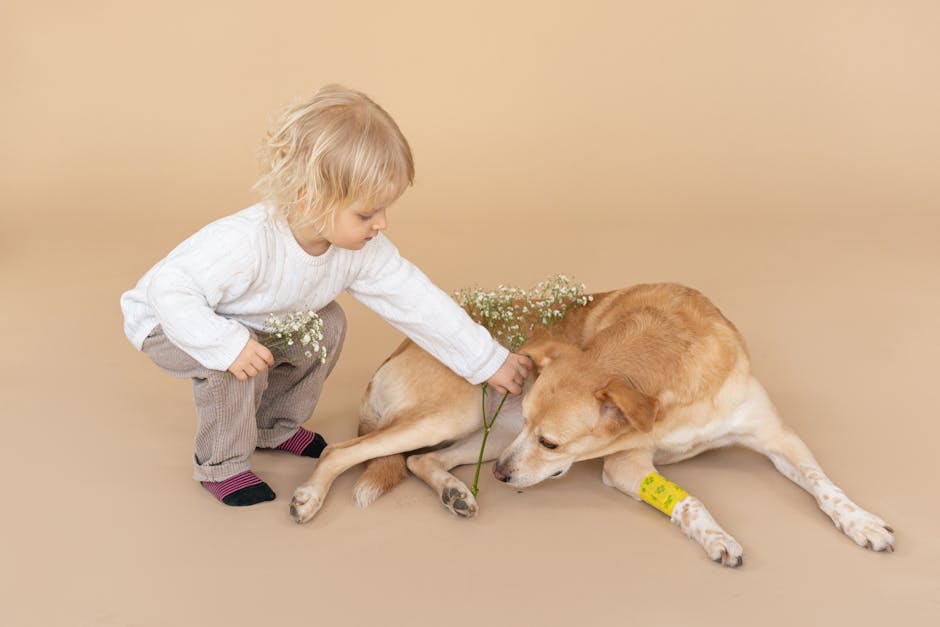The human-animal bond extends far beyond individual households. Pet adoption, a seemingly personal act, can ripple outwards, positively impacting the community in a multitude of ways. This article delves into the multifaceted benefits of adopting a pet, exploring how these furry, feathered, or scaled companions can contribute to a healthier, happier, and more engaged citizenry.
A significant aspect of a thriving community hinges on social interaction and a sense of belonging. Pet ownership, particularly the act of adopting, frequently cultivates this very environment. Dog parks, community walks, and pet-focused events create natural hubs for interaction among residents. These spaces, often initiated or sustained by pet owners, facilitate friendships and foster a sense of shared responsibility for the wellbeing of the community’s animals. This fosters a sense of collective ownership, strengthening social cohesion and potentially reducing feelings of isolation, especially for seniors or those with limited mobility.
Furthermore, pet adoption programs often involve community outreach and volunteer work. These initiatives involve residents in a positive, hands-on manner, promoting a spirit of cooperation and shared responsibility. Shelters, rescue organisations, and even animal welfare groups frequently rely on volunteers for tasks ranging from dog walking and cat care to fundraising and outreach activities. This participation builds connections between individuals and strengthens community bonds, developing a shared sense of purpose and action.
Beyond social benefits, pet adoption also contributes to a more vibrant economic ecosystem within a community. Pet-related businesses, like groomers, vets, and pet stores, flourish when pet ownership is prevalent. The demand for these services stimulates economic growth, creating employment opportunities and contributing to the overall economic health of the area. Moreover, the investment in pet health and well-being often translates into a greater focus on maintaining a clean and safe environment, positively affecting public health and contributing to the quality of life for everyone.
Another important facet of community impact arises from the influence pets have on reducing stress and promoting mental wellbeing. Numerous studies have demonstrated the therapeutic value of animal companionship. Walking a dog, for instance, encourages physical activity, which in turn can improve cardiovascular health and contribute to a sense of wellbeing for both the pet owner and the wider community. Petting a cat or engaging with other animals has been shown to lower blood pressure and reduce feelings of anxiety, positively impacting the community’s overall mental health landscape. Public spaces equipped with designated pet areas can further promote relaxation and create comforting environments for residents.
The presence of well-behaved, socially-adjusted pets in public spaces significantly reduces incidents of anti-social behaviour. The responsibility inherent in pet ownership encourages owners to maintain their pets’ good behaviour, contributing to a safer and more peaceful community atmosphere. Dog walkers, for example, often contribute to the maintenance of a clean environment, reducing instances of littering or other nuisance behaviors. This responsible pet ownership often extends to supporting responsible pet waste disposal, thereby upholding public hygiene standards.
Of course, the impact of pet adoption isn’t without its complexities. Potential downsides, like noise complaints or allergies, require careful consideration and mitigation. Communities need to address potential challenges through thoughtful planning and the creation of appropriate guidelines and policies. Parks and public areas need to be well-maintained and safe, accommodating the needs of both pets and people. Effective communication and education about pet ownership are also crucial in fostering understanding and responsible practices.
Ultimately, the decision to adopt a pet isn’t just about the individual and their pet; it’s about the community as a whole. A carefully considered and thoughtfully executed pet adoption program can significantly enhance the social, economic, and psychological wellbeing of the community. When the needs of both humans and animals are addressed thoughtfully, a mutually beneficial relationship emerges that fosters a vibrant, engaged, and healthier community. The bonds formed between people and their adopted pets can transcend individual households, creating positive ripples that extend throughout the wider community. Considering the far-reaching implications of pet adoption, it becomes clear that nurturing this bond benefits not only the pet but also the people and the place where they share their lives.
